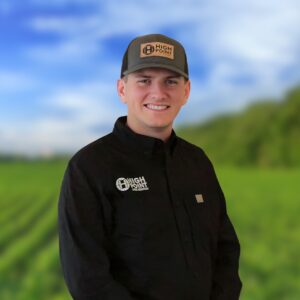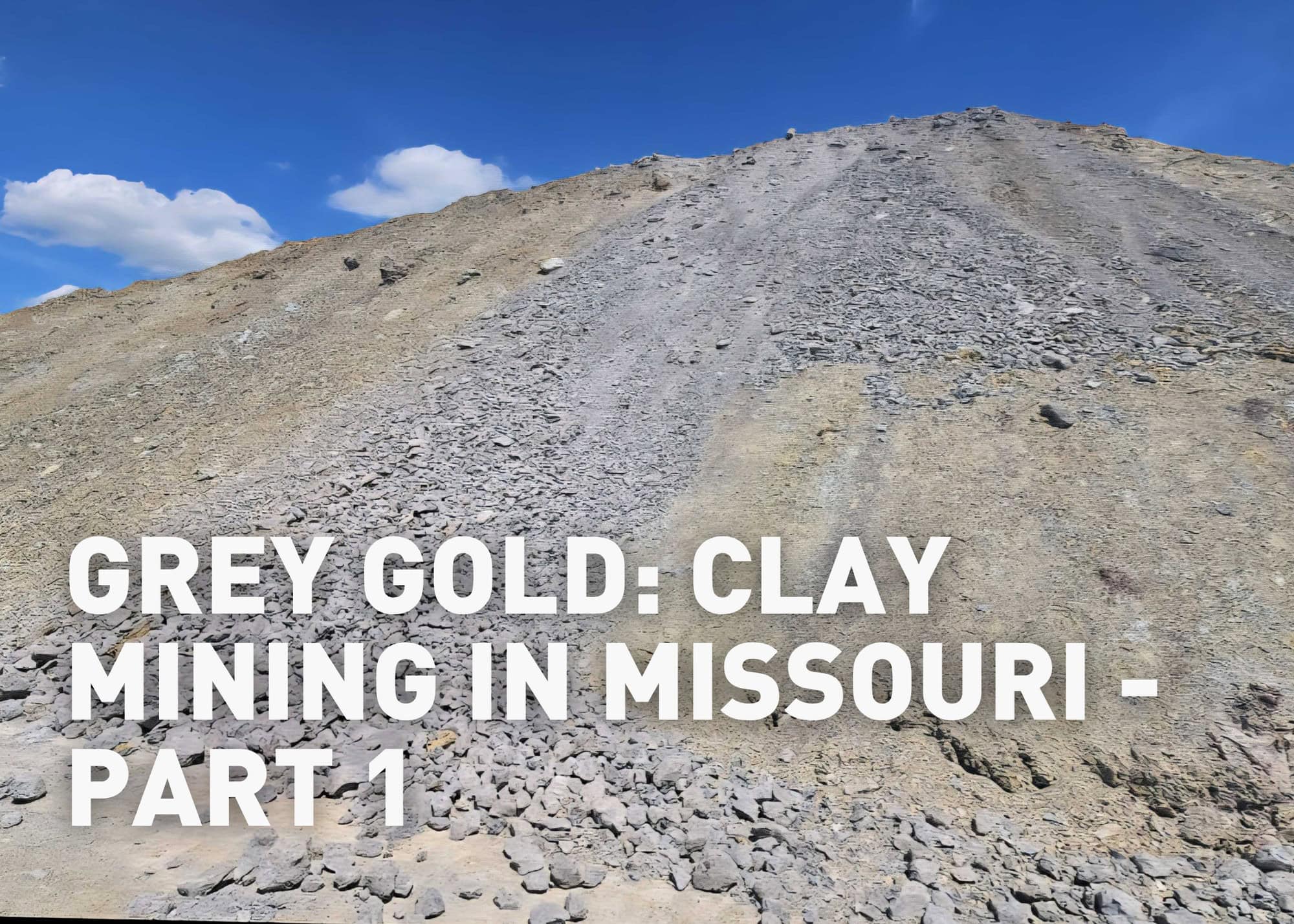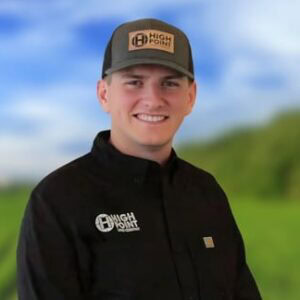Grey Gold: Clay Mining in Missouri – Part One

Travis Owen
Missouri Land Specialist
A Family Legacy Beneath the Soil
Growing up on a farm just outside Middletown, Missouri, in northern Montgomery County, I didn’t just learn how to work the land … I learned what was under it, too. Over the first 23 years of my life, we had three different clay mines operate on our 105-acre family farm. It was part of everyday life. When I was just 13, I ran the scales for the mine working our property. Clay mining quite literally helped pay off our farm, 40 tons at a time.
Working in the clay mining industry both as a kid and as an adult has given me a unique perspective. I’ve seen the best and the worst this industry has to offer, from fly-by-night operations to reputable buyers who understood the value of long-term relationships and responsible land use.
If you’re a landowner with questions about clay on your property, whether you’re being approached by a mining company or just curious, feel free to give me a call. Odds are, I’ve dealt with a similar situation and can point you in the right direction.
Clay Country: Montgomery, Pike, and Audrain Counties
Clay mining isn’t new to this region. In fact, deposits in Montgomery, Pike, and Audrain Counties have been tapped for industrial purposes dating back to the early 1900s. A brick plant once operated in Wellsville, MO, and while that facility has since closed its doors, a plant in Vandalia remains operational, though it uses a different type of clay than what we typically find in our area.
Our local clays come in a variety of types and grades, and depending on what’s beneath your soil, it could be valuable for anything from:
- Cement manufacturing
- Ceramic ball bearings used in fracking
- Specialty industrial applications
I like to call it “Grey Gold.” And depending on your clay’s composition, color, and industrial rating, the price per ton can vary greatly.
Where the Clay Goes: Plants & Processors
There are two primary plants in Missouri that receive and process raw clay from this region:
- High Hill, MO – Produces a wide range of products using various clay blends.
- Ste. Genevieve, MO – Specializes in cement manufacturing and sources specific types of clay as raw material.
Up Next: What You Should Know Before You Sign
In Part Two, I’ll cover:
- How to determine if you have marketable clay on your property
- What makes a good (and bad) mining contract
- Reclamation expectations and land value afterward
- Common pitfalls landowners face — and how to avoid them
Stay tuned, and if you have specific questions in the meantime, feel free to reach out.
Do you want to learn more?
If you’re considering buying, selling, or managing land, reach out to a local High Point Land Company Agent. For more questions visit our YouTube Knowledge Center.
Travis was born and raised just outside of Middletown, Missouri. He spent his childhood in the outdoors, hunting and working on the family farm. After graduation, he hit the road as a pipefitter, hunting from state to state on his days off. In 2021, Travis moved back to Missouri and purchased his first piece of land with his wife in Lincoln County, MO. During the off-season, he enjoys improving the habitat for local wildlife. He has extensive knowledge of timber stand improvement, invasive species removal, and utilizing fire as a land management tool. Travis has a wealth of outdoor knowledge, from hunting and farming to dirt work. He is passionate about helping others succeed, no matter their goals. Whether you need assistance setting up a property for more efficient hunting, increasing encounters with target game species, solving erosion problems through soil conservation, or making land improvements, Travis is eager to help. If you are interesting in selling your farmland, call Travis at (573) 470-8776 or email him at travis@highpointlandcompany.com

